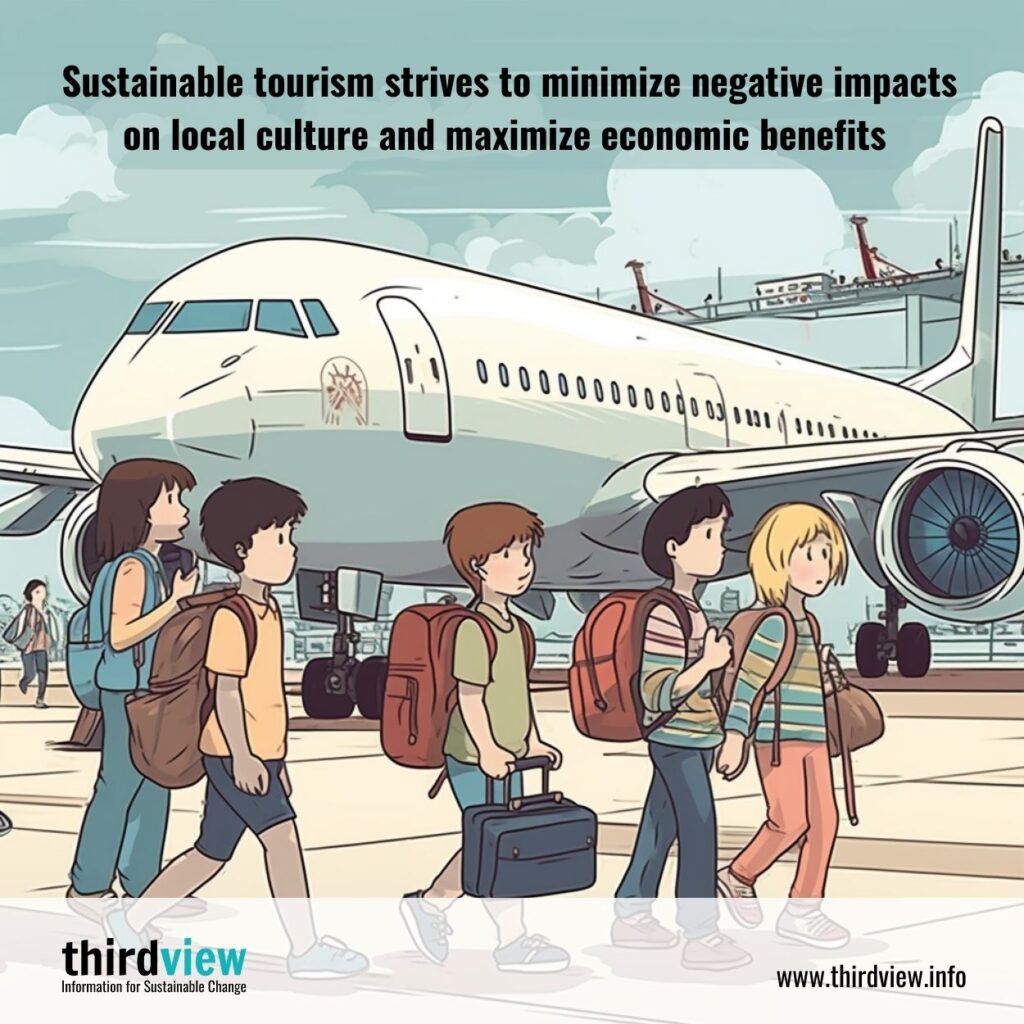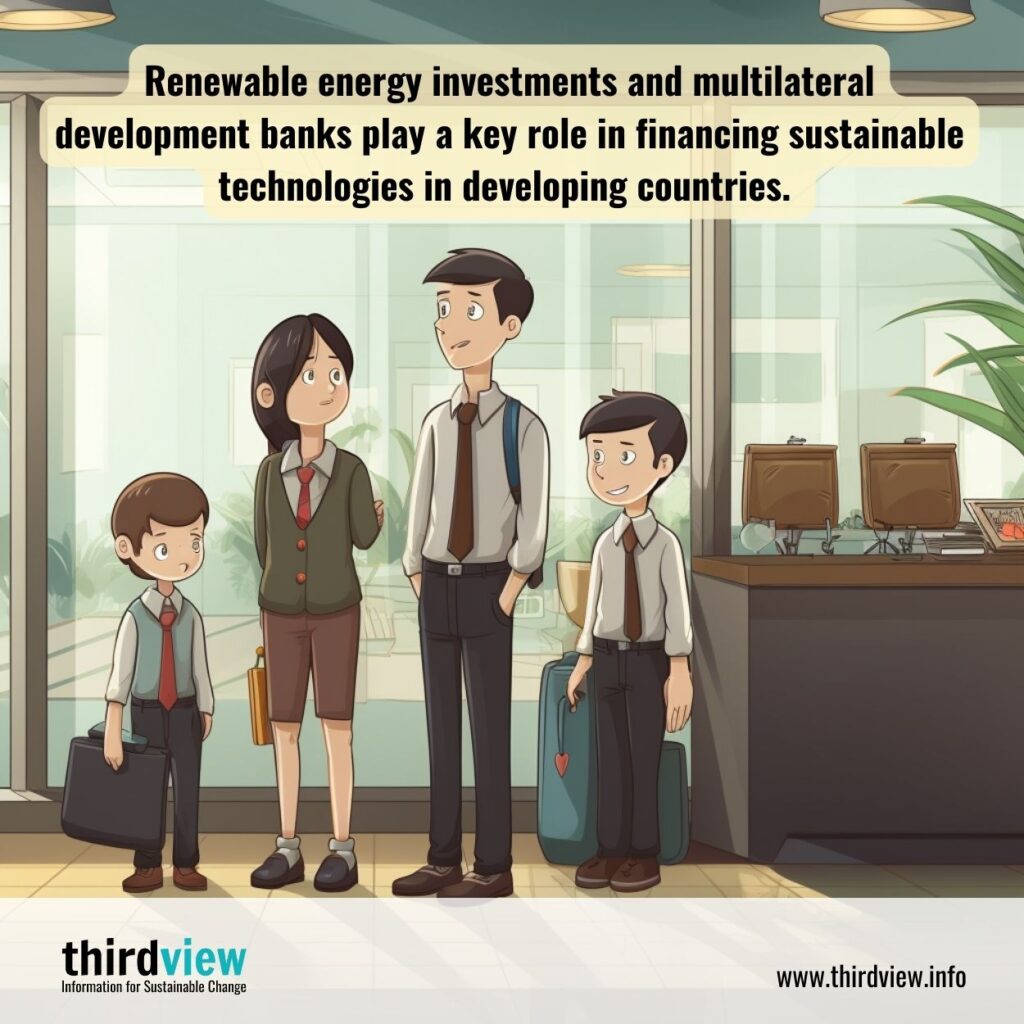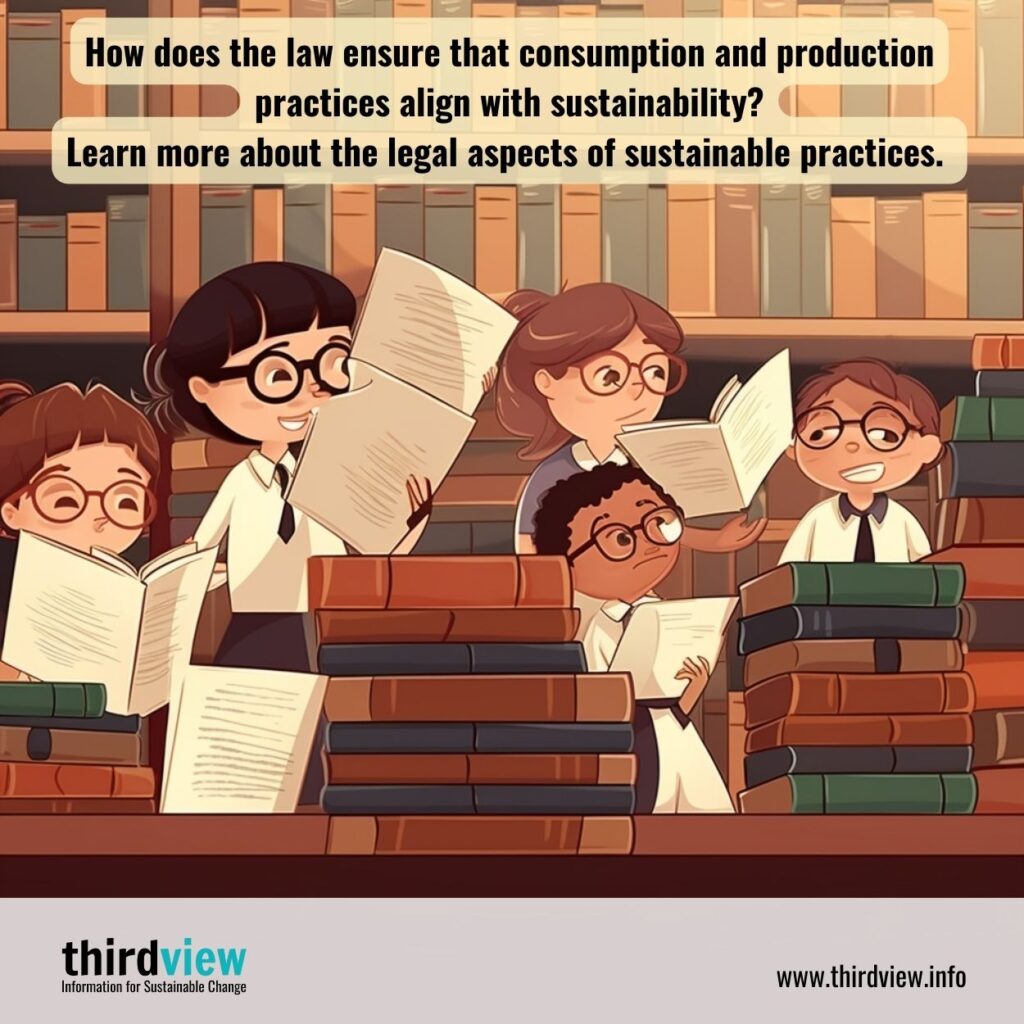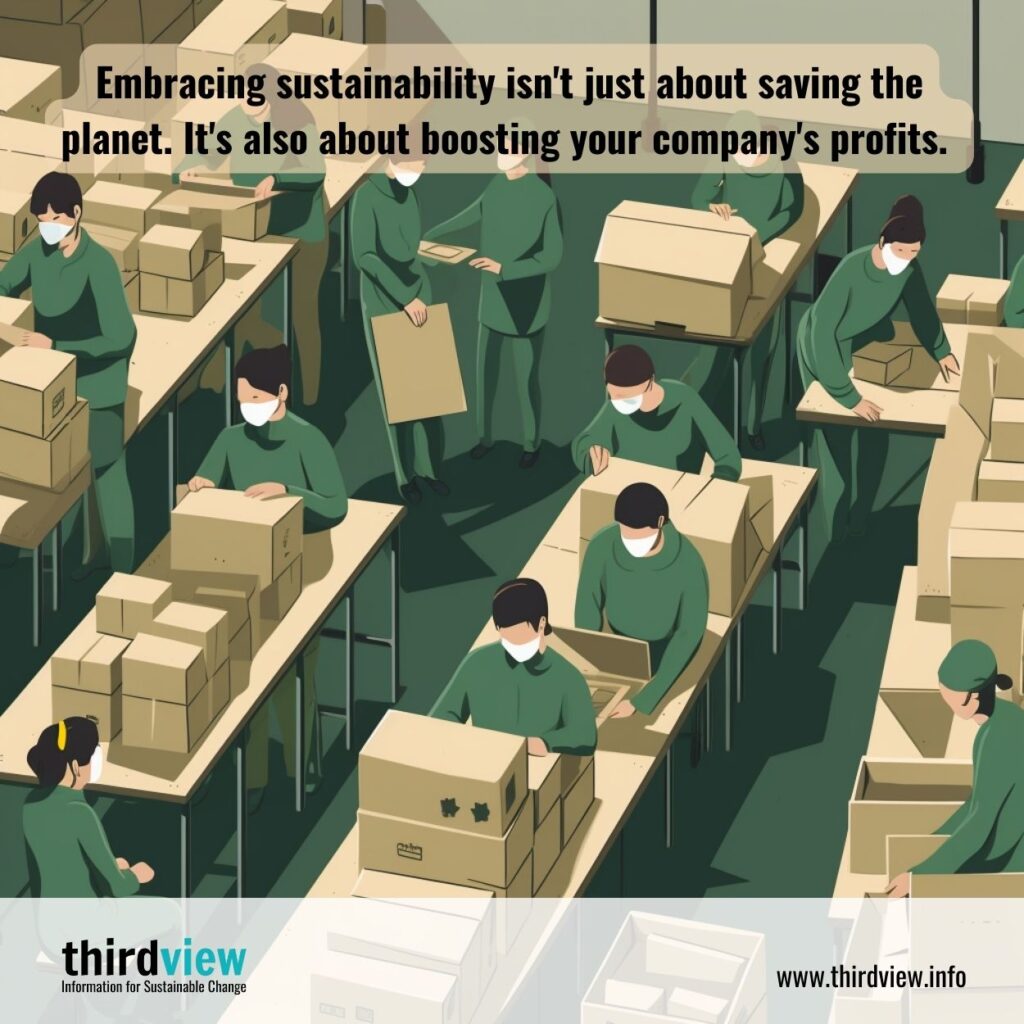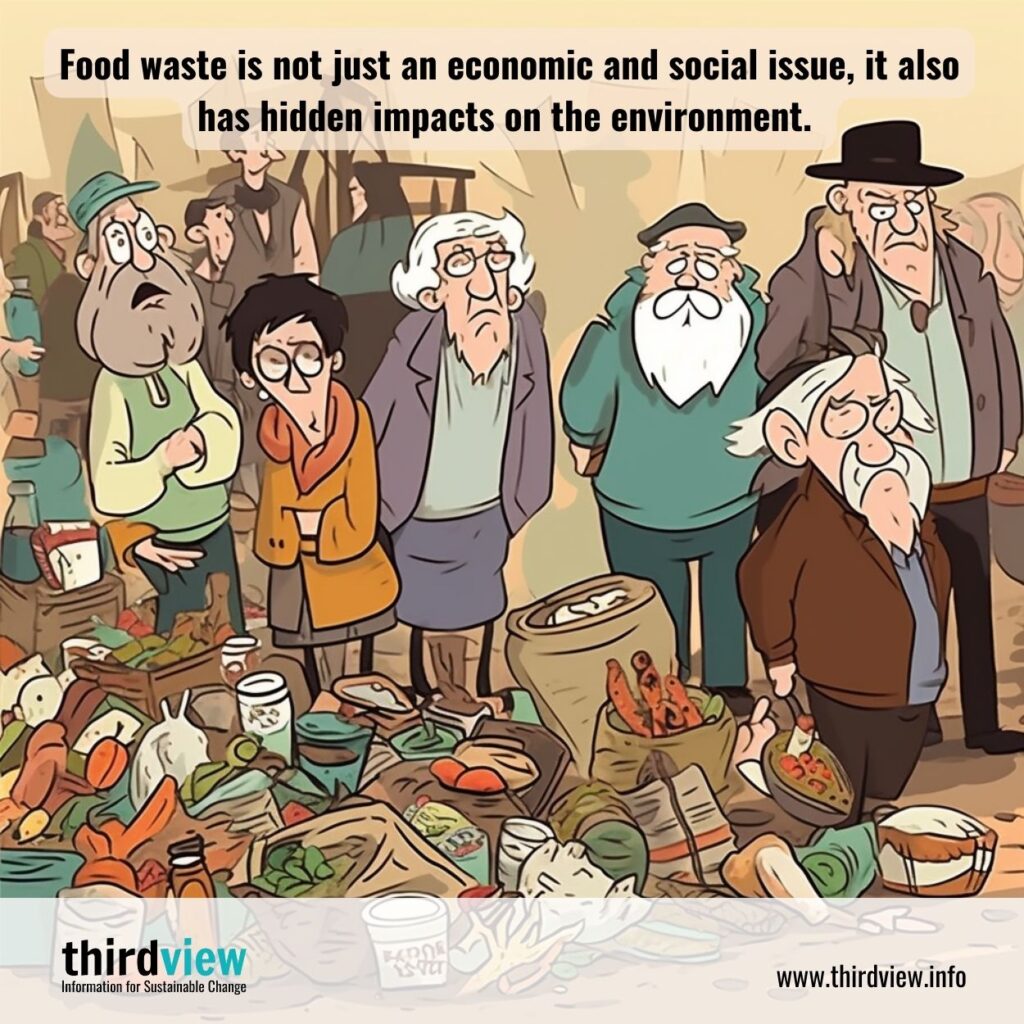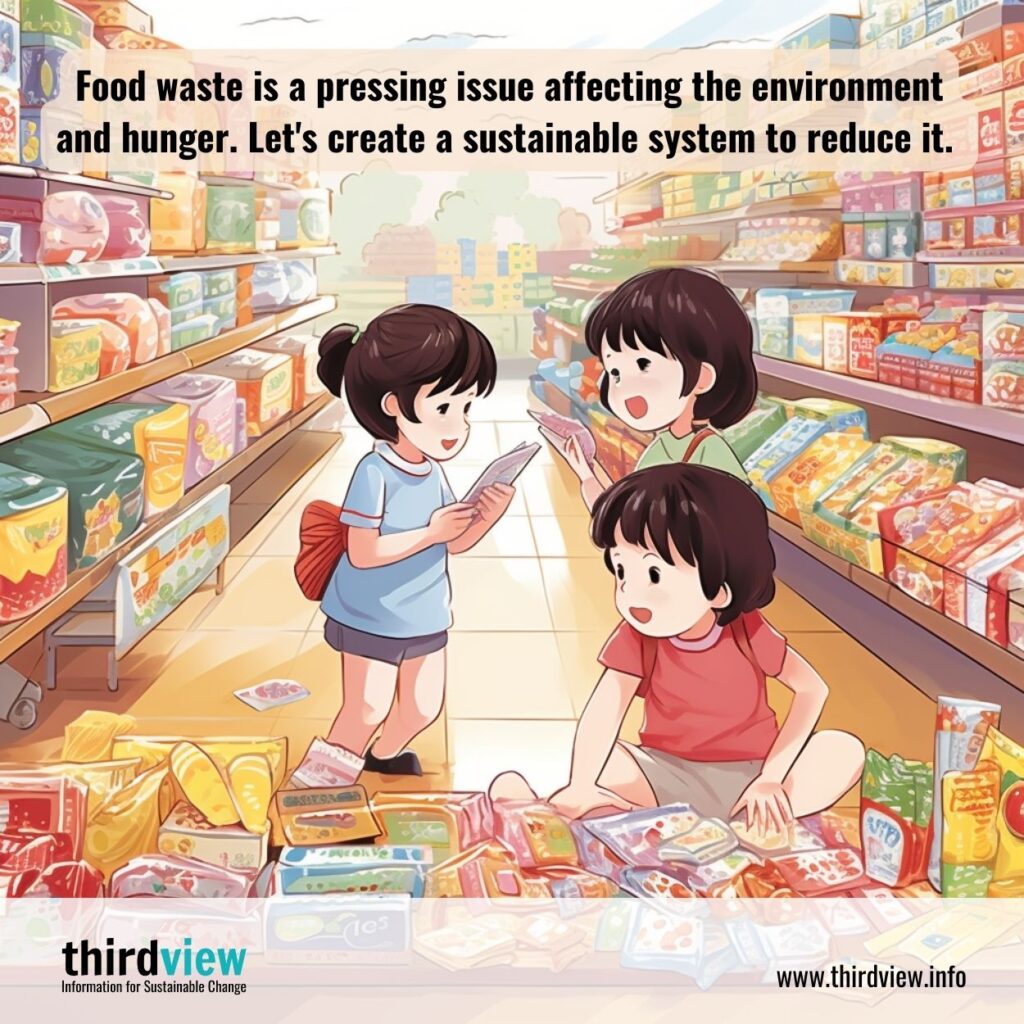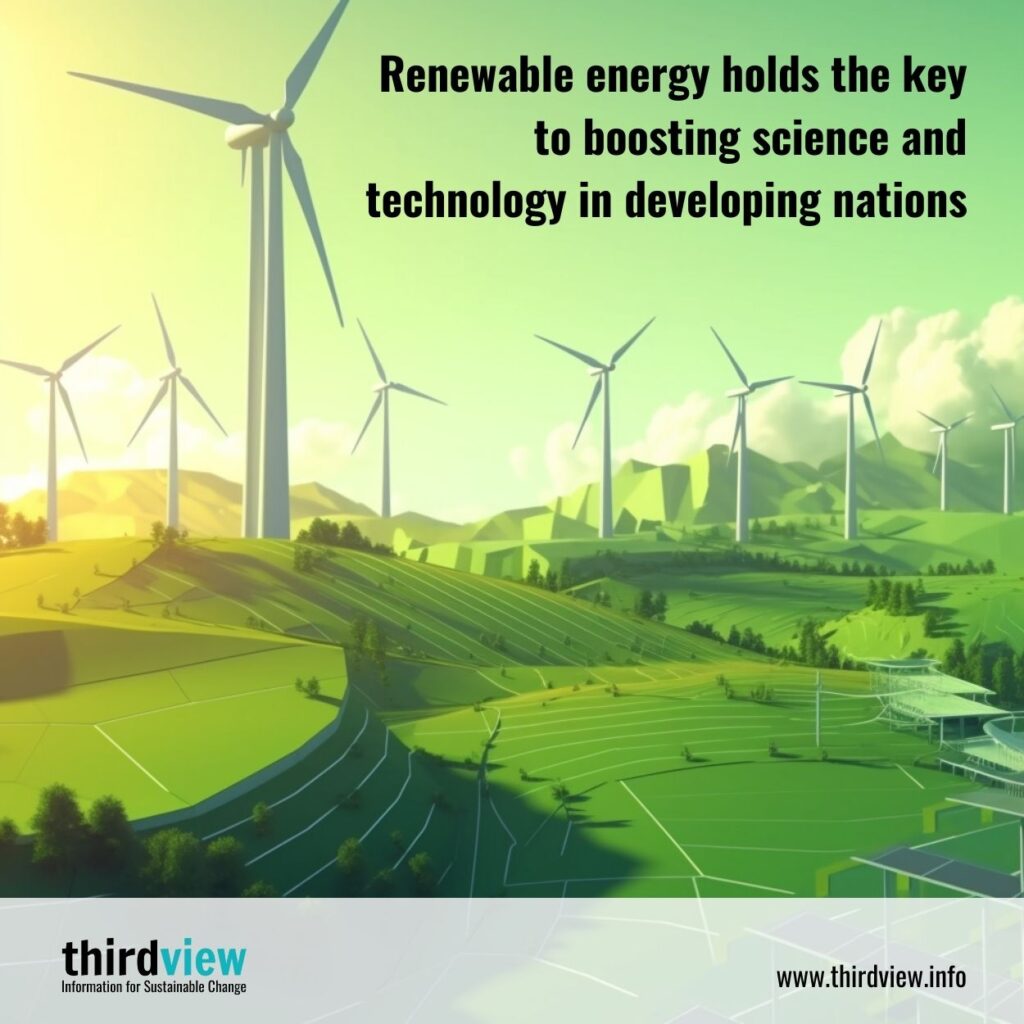Welcome to Thirdview, a platform for information on sustainable lifestyles. Our vision is to create a world where conscious and responsible living is the norm, and where individuals and organizations are aware of the impact of their choices and take action to promote responsibility and consciousness in all aspects of life.
We hope you will join us on this journey by exploring our platform at www.thirdview.info, sharing our content with others, subscribing to our newsletter to receive our e-booklet on sustainable lifestyles and following us on social media.
Discover the best ways to reuse old clothes and furniture to reduce waste and contribute to a sustainable lifestyle. Upcycling furniture through painting, repurposing, and adding new elements can give old pieces a fresh look. Organize clothing swaps or donate clothes to minimize landfill waste and help those in need. Transform torn or unused clothes into cleaning rags for household tasks. Convert old fabrics into throw pillows by sewing them together and adding decorative elements. Embrace your creativity and repurpose old furniture for garden decor, such as plant stands or unique pot planters. Start reusing and upcycling to make a positive impact.
January 30, 2024
Businesses play a crucial role in reducing the release of chemical wastes and promoting environmental sustainability. This article highlights five strategies for effective waste management: Design for Environment (DfE) to optimize the entire product life cycle, the use of recycling technology to convert waste into reusable materials, substitution of hazardous chemicals with safer alternatives, adopting efficient waste management practices, and collaborating with supply chain partners for sustainable practices. Implementing these strategies not only reduces environmental impact but also enhances public image and contributes to a healthier planet. It is essential for businesses to prioritize eco-friendly practices and work collectively to make a positive difference.
January 26, 2024
Inadequate waste management poses significant dangers to the environment and public health. Improper disposal of waste can lead to environmental hazards such as pollution, biodiversity loss, and climate change. It also creates public health risks by causing respiratory ailments, attracting disease-carrying pests, and polluting water sources. Inadequate waste management is often caused by inadequate infrastructure, weak legislation, and lack of public awareness. Solutions include advocating for better waste management infrastructure, promoting waste reduction and recycling, and adopting eco-friendly lifestyles. Addressing these issues is crucial for a sustainable and healthy future for all.
January 25, 2024
Food waste is a significant global challenge with far-reaching environmental, social, and economic implications. However, technology is playing a crucial role in addressing this issue and reducing food waste from farm to plate. Advancements such as smart storage and logistics systems, food-sharing apps, precision agriculture techniques, composting technologies, and blockchain traceability are revolutionizing the way we manage and minimize food waste. These innovations enable optimal storage conditions, connect consumers with surplus food at discounted prices, provide farmers with data-driven insights for efficient farming practices, transform food scraps into nutrient-rich compost, and ensure transparency in the food supply chain. By leveraging technology, we can make significant strides in reducing food waste and promoting sustainability.
January 24, 2024
Climate change has a profound impact on natural resource management, affecting rainfall patterns, soil erosion, wildlife migration, forest fires, and sea level rise. These changes pose significant challenges to the sustainable management of land, water, and wildlife resources. Natural resource managers are implementing creative strategies to address these challenges, such as managing water resources, promoting conservation farming, monitoring wildlife migration, mitigating forest fires, and developing coastal protection measures. It is crucial for everyone to take action and work together to mitigate the impacts of climate change on natural resource management and ensure the conservation of resources for future generations.
January 23, 2024
International instruments are crucial for promoting sustainable consumption and production. The 2030 Agenda for Sustainable Development, the Marrakech Process, the UNFCCC, the WTO, and the OECD have all played significant roles in supporting sustainable practices. SDG 12 focuses on sustainable consumption and production patterns, while the Marrakech Process facilitates global cooperation. The UNFCCC aims to stabilize greenhouse gas concentrations, and the WTO addresses the trade-environment link. The OECD provides guidelines for multinational enterprises and tools for sustainable manufacturing. Achieving sustainable consumption and production requires collaboration among governments, businesses, and society. Embracing these instruments can help us create a more sustainable future.
January 22, 2024
